The use of audio hardware is a typical favorite these days. The better the sound quality, the more you’ll enjoy your tunes. But what if your favorite tunes are clouded by a blown fuse? How do you confirm your suspicion?
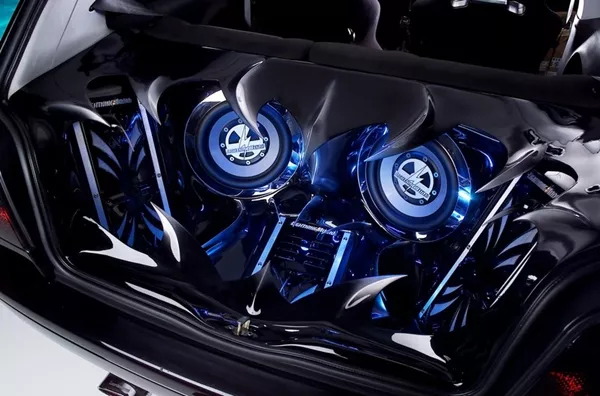
The use of audio hardware is a typical favorite these days
Do you immediately need an expert to check this out for you? Can you do the inspection and repair by yourself?
The answers to that as well as other things you need to know about a blown amplifier fuse are discussed in this article from Philkotse.com.
When an audio amplifier fuse in your car blows
If you suspect that the audio amplifier fuse in your car blew up, its detection will usually start with determining which fuse exactly went out.
There are usually two to three different car amplifier fuses in a typical vehicle. So to figure this issue out, you would need to determine exactly which fuse blew and why it did.
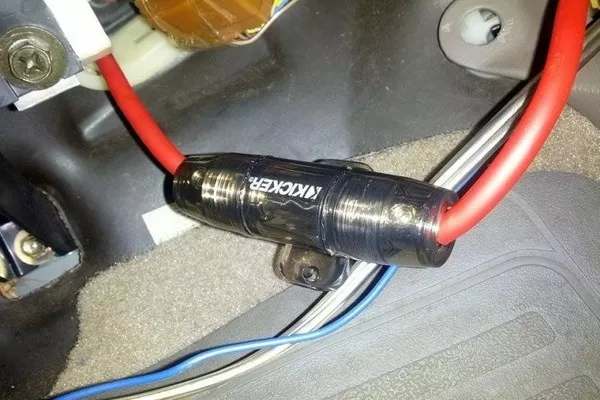
If you suspect that the audio amplifier fuse in your car blew up, start determining which fuse exactly went out
In case your power cable connects the amplifier straight to the battery, there’s most likely an inline fuse that will blow asides from the internal amplifier fuse.
In other installations, the power is taken from the distribution block that has its own fuse. So judging by that overview, you can end up dealing with different types of fuses. This will depend largely on how your amplifier is connected to your electrical system.
In general, the reason for an amplifier fuse to blow up includes a short somewhere along the internal amplifier faults and power supply line. But to accurately track down the actual source of your fuse problem, you will need to break out your trusted voltmeter.
>>> Suggested article: Got car stereo amplifier issues? Here's how to deal with it!
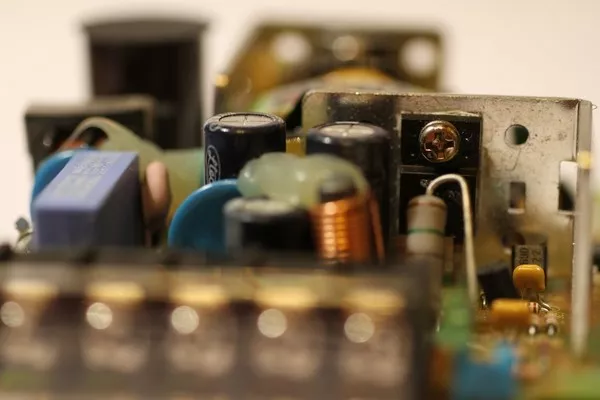
The reason for an amplifier fuse to blow up includes a short somewhere along the internal amplifier faults
Amplifier fuse diagnostic steps you can take
- Check exactly which fuse has blown up.
- Replace the damaged fuse with everything in your car turned off.
- If the replacement fuse still blows even with everything turned off, there could be a short between the system and that fuse.
- Get a new fuse and replace the blown one but with the amp disconnected.
- If your fuse still blew up after the 4th step, there’s a high chance for a short to be present in your wiring.
- If the fuse doesn’t blow while everything in the car is turned off but does when the amp is on, the problem may be with the amplifier.
>>> You might concern: What you need to know about car audio and amplifiers
Locating a blown alternator fuse by inspecting the voltages
The first thing you need to do to figure out why your car amp fuse keeps on blowing in the first case. If you’ve already figured out which fuse it is and had it replaced already, you can skip this step.
If you haven’t yet, never replace any blown fuse with one that has a higher amperage rating.
The safest option is to go with fuses with a lower amperage rating. This is because fuses tend to blow up when the amperage that goes through them is higher than they’re supposed to handle. Also, a hot fuse is known to handle less amperage compared to a cold fuse.
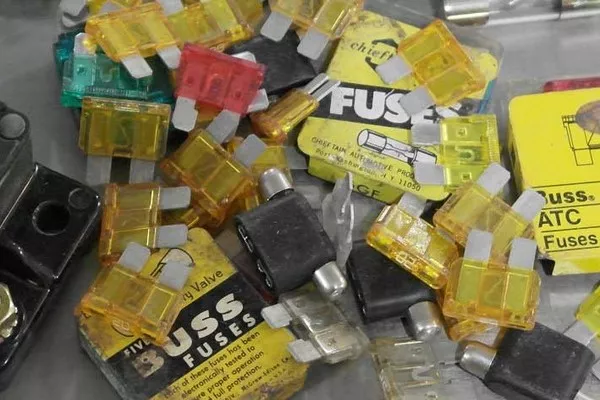
The safest option is to go with fuses with a lower amperage rating
The old fuse was most likely already hot by the time it blew. With that said, using a new fuse with the exact same rating may cause a malfunction.
It may draw a larger amount of amperage before the old fuse even blew up. If this happens, there could be further damage for you to deal with.
Using a smaller fuse while performing the diagnostic procedure will let you determine where the short of the defective component is located.
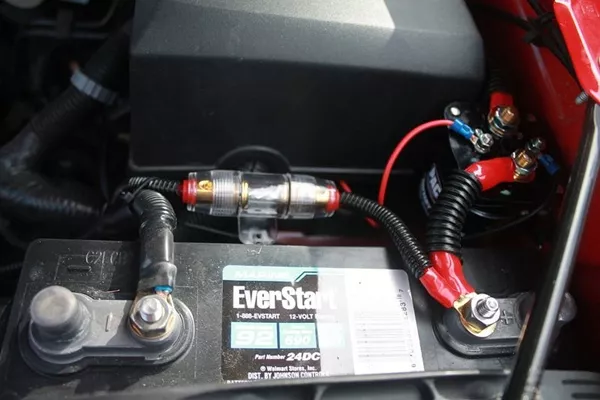
It may draw a larger amount of amperage before the old fuse even blew up
>>> Grab your attention: [Philkotse guide] Unveil the myths behind car audio DAC
You will also be causing less damage to your amp in the process. You would, however, still need to check the number of fuses that the power distribution line has.
You will also need to check for each fuse’s voltage. There are amplifiers that are directly wired to the positive post of the battery using a single inline fuse.
This is partnered with a fuse that’s built directly into your car’s amplifier. There are also others that get its power from the distribution block that’s connected to your main fuse.

You will also need to check for each fuse’s voltage
If the fuse shows a record of similar voltage coming from both terminals, this is a good sign. If there’s more voltage at one end than the other, that’s bad news.
Once you determine which from the distribution block, internal amp fuse or main has the problem, you can refer to the next step.
>>> FYI: [Philkotse tips] Here's how easy you can get more bass in your car
How to diagnose a blown amp battery fuse
It can also happen that one of the main fuses still has power but one side of the distribution block doesn’t. If this is the case for you, you’re dealing with an internal amplifier defect.
The first step you can do to check is to confirm whether there’s a power wire connecting the distribution block to the amp. You will need to take a look at the whole string of wire to confirm if there’s damage to the insulation.

There are cases where you’re dealing with an internal amplifier defect
You can also disconnect your power wire from the amp and make sure that no loose end touches the ground. After that, check if the fuse will still blow. If it does, you can replace your power wire.
Replacing/repairing a broken amplifier
Repairing a grounded power wire or cable is usually simple. Just install a new one. Make sure you route it in a way that it won’t rub on anything and chafe in the long run.

The better the sound quality, the more you’ll enjoy your tunes
>>> Have you known 5 ways you might not know when upgrading car audio system?
But if your problem is an internal amplifier defect, the problem could be more demanding. The most common reason for an amplifier to fail is because of defective output transistors.
The good news is that this is also a cheap problem to solve. However, this is best handled by an expert with adequate tools and knowledge.
Recent posts
- 4 main amplifier classes: What you need to know Jan 14, 2020
- 3 things you might not know about fusible link and car fuses Dec 18, 2019
- Car maintenance: Things you should know when the fuse keep blowing Nov 30, 2022
- What you need to know about car audio and amplifiers Aug 16, 2022
- Best in-car entertainment ideas to fight boredom while in a long drive Oct 31, 2017












